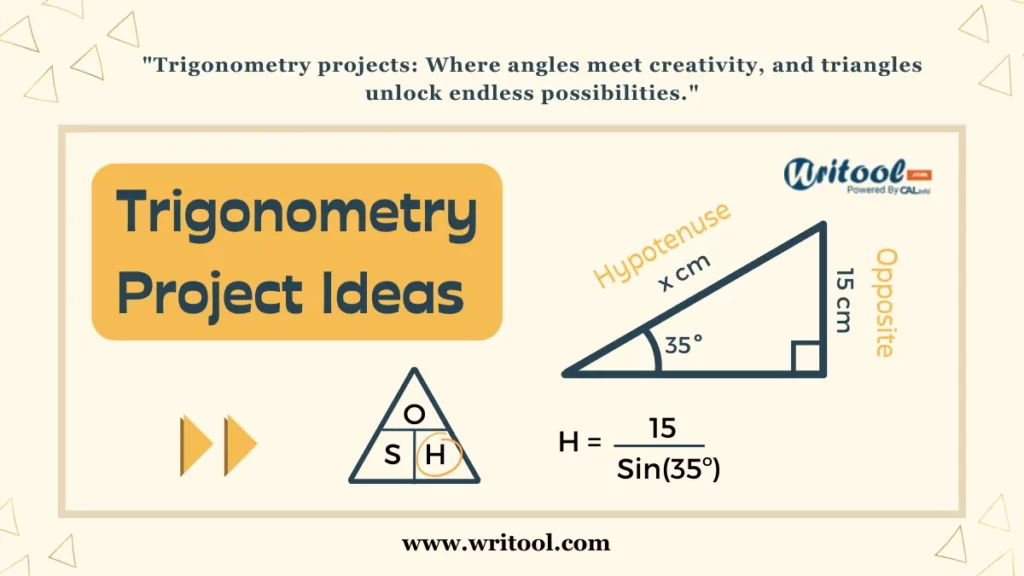In recent years, artificial intelligence (AI) has become a motivating force in different fields, from the health care system and finance to education and entertainment. One of the most complicated development is the emergence of AI music, a technique that quickly rebuilds how music is made, produced and consumed. AI music, machine learning algorithm and driven by the nervous network, not only improves musicians’ creative abilities, but also democrates access to music production for enthusiasts and professionals.
What is AI music?
AI refers to the use of artificial intelligence in generating, composing or improving music. By analyzing a massive dataset with music compositions, the AI system can learn patterns in Raga, harmony, rhythm and style. These systems can then produce basic compositions, repeat the style of well -known artists, or even create completely new styles. AI music tools are used quickly in singing writing, film scoring, games and background music for digital content.
Some popular examples of AI music platforms include Openais Musnet, Google’s Magenta and Aiva (Virtual Artists Artificial Intelligence). These platforms show how AI can make jazz improvement with symphony, pop songs or at least human input.
How AI changes music production
One of the most intensive effects of AI music is that it accelerates and improves the music formation process. For musicians, AI acts as a creative partner, and offers new tunes, harmony and rhythm that may not have been imagined on traditional means. Instead of changing human creativity, AI increases it – and provides a digital muse that inspires innovation.
For example, a lyricist who experiences the author’s block can use AI to generate songs or wire progress. Similarly, a film music composer AI tool can in a tight time use AI tools to produce mood-specific music in minutes, cut the production time and costs significantly.
In addition, AI music equipment fits quickly. Even without formal music training, individuals can now create a professional Dhwani track using a drag-and-drop interface and pre-instructed AI model. This democratization of music production allows everyone to become a music producer with creative sparks.
AI music in marketing and branding
Ai Music also plays a growing role in the marketing world. Brand users benefit from AI-related music to improve commitment and create memorable customer experiences. Because AI can tailor music for specific mood, demographics or brand identity, companies can prepare very individual audio tracks for ads, social media content and websites.
Such targeted marketing anchor text strategy helps you establish an emotional identity of a brand and strengthen the relationship between products and consumers. For example, a training app can use AI-executed energetic beats to inspire users during workouts, while a luxurious brand can use environmental AI music to develop elegance and a sense of distinction.
Ethical thoughts and challenges
Despite its many benefits, AI music also raises important moral and legal issues. Who owns the rights to the song generated by a machine? Should AI-made content be credited to software, programmer or user? These issues are currently being discussed by legal experts, musicians and technical companies.
In addition, there is concern about the ability to devalue human music for AI. Since AI music becomes more sophisticated, there are fears that it can make human musicians into commercial surroundings, especially in presentations with little budget.
To solve these challenges, industry leaders advocate transparent AI systems and fair compensation models that recognize both humans and machine contributions.
AI MUSIC FUTURE
The future of the AI music is both exciting and uncertain. As technology develops, we can expect more advanced equipment to understand reference, spirit and nuances in music formation. Associates can be standard in the AI Platform Studio, and new styles produced by AI-Human collaboration can be redefined as we know.
Educational institutions also begin to include AI in music plans, preparing the next generation of artists to work with intelligent machines. This merger of art and technology has the ability to enter a new golden age with music.
Conclusion
The AI music is not just a trend – it is a transformational force that revolutions do how the music is made, distributed and experienced. AI Music offers enormous opportunities, from strengthening independent creators to increasing marketing strategies for brands. While challenges remain, it is important and creative to embrace technology. As we move on, the synergy between human imagination and machine -intelligence promises to expand the horizon for music expressions in outstanding ways.
Also Read: 11 Best Creative Writing Techniques For Beginners


